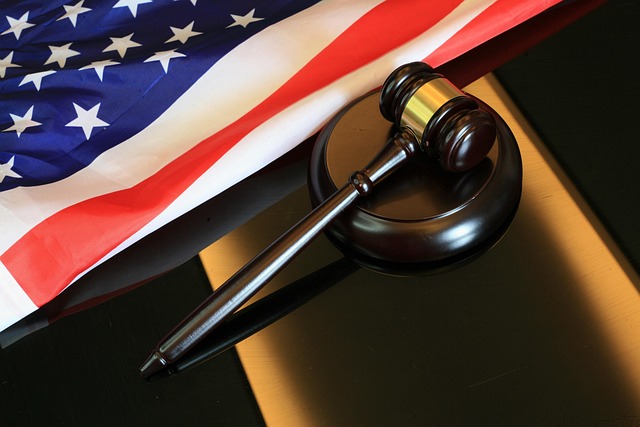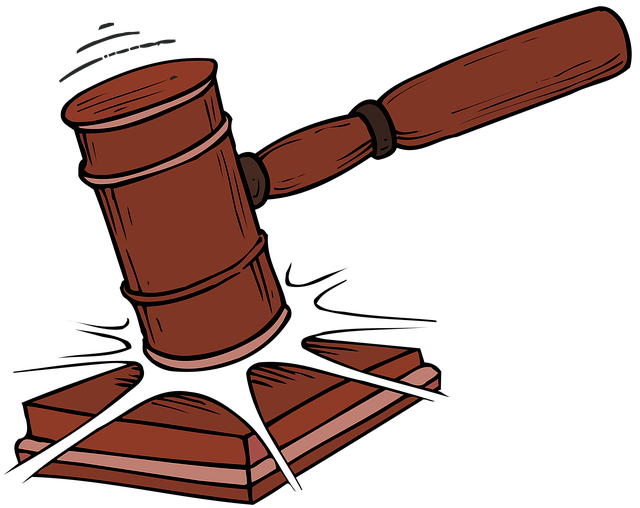Environmental crime jurisdiction demands specialized legal expertise to tackle transboundary environmental issues and hold perpetrators accountable. Legal Assistance for Environmental Regulation Violations is key, with attorneys guiding clients through complex regulations, from initial consultations to appeals. This structured approach ensures fair trials, strategic defenses, and effective sentencing, promoting environmental justice and deterring future violations.
In the realm of criminal law, environmental cases are gaining prominence as we navigate a world fraught with ecological challenges. This article explores the intricate landscape of environmental crime jurisdiction, shedding light on how legal professionals play pivotal roles in these complex cases. We delve into the key elements required to prove regulation violations, and examine defense strategies for those facing environmental charges. Additionally, we analyze sentencing and reparation, emphasizing the importance of Legal Assistance for Environmental Regulation Violations.
- Understanding Environmental Crime Jurisdiction
- Roles of Legal Professionals in Environmental Cases
- Key Elements Proving Regulation Violations
- Defense Strategies for Environmental Charges
- Sentencing and Reparation in Eco-Law Suits
Understanding Environmental Crime Jurisdiction

In the realm of criminal law, environmental crime jurisdiction is a specialized area that deals with violations of environmental regulations. These cases often involve complex legal issues and require an in-depth understanding of both national and international laws. The jurisdiction over such crimes can be intricate due to the transboundary nature of many environmental issues, making it a challenging yet critical field for legal practitioners. Environmental law experts play a pivotal role in holding individuals, corporations, and even governments accountable for their actions that harm the environment.
Legal Assistance for Environmental Regulation Violations is crucial, especially when dealing with cases spanning multiple jurisdictions. The philanthropic and political communities have recognized the importance of addressing these issues, resulting in an unprecedented track record of successful prosecutions. Whether representing corporate clients or individual citizens, environmental law attorneys must navigate a maze of regulations to ensure justice. This specialized practice not only punishes perpetrators but also serves as a deterrent, fostering a sense of environmental stewardship among all sectors of society and promoting a sustainable future for generations to come.
Roles of Legal Professionals in Environmental Cases

In environmental cases, legal professionals play a pivotal role in advocating for justice and upholding environmental laws. These experts guide their clients through complex legal landscapes, offering crucial insights into regulations and their implications. When faced with allegations of environmental regulation violations, having skilled legal assistance is invaluable. It enables individuals and organizations to navigate the intricacies of criminal law, ensuring they receive a fair trial and proper representation.
Legal professionals specializing in this field provide comprehensive support, from initial consultations to post-trial appeals. They help their clients understand the charges, assemble a robust defense strategy, and prepare for potential jury trials. With their expertise, general criminal defense attorneys can challenge evidence, examine witnesses, and present compelling arguments on behalf of their clients. This is particularly vital in environmental cases, where scientific evidence and technical knowledge often take center stage.
Key Elements Proving Regulation Violations

Proving a violation of environmental regulations involves several key elements. First, it’s crucial to establish that there was indeed a regulatory requirement or law in place that governed the specific activity or conduct in question. This often requires reviewing and understanding the applicable laws, rules, or guidelines set forth by relevant governmental bodies. Next, competent legal assistance for environmental regulation violations is essential to navigate these complex legal frameworks effectively.
Subsequent to establishing the existence of a regulatory requirement, the prosecution must demonstrate that the accused party violated this law. This typically involves presenting evidence showing the defendant’s actions or inactions directly contravened the established rules. The onus is on the plaintiff or regulatory agency to prove beyond a reasonable doubt that the defendant was aware of the regulation and willfully or negligently disregarded it. In addition, linking environmental harm or damage directly to these violations can strengthen the case, drawing support from both scientific evidence and expert testimonies. This comprehensive approach ensures justice is served while addressing potential infringements on environmental safeguards, with general criminal defense strategies tailored for such specific cases.
Defense Strategies for Environmental Charges

In the face of Environmental Regulation Violations, effective Defense Strategies are paramount to achieving a favorable outcome. Legal Assistance plays a crucial role in navigating these complex cases, ensuring businesses and individuals receive fair treatment under the law. Skilled attorneys can help clients avoid indictment by examining the facts and circumstances surrounding the alleged offenses. This proactive approach involves thoroughly reviewing all stages of the investigative and enforcement process, enabling legal teams to identify potential weaknesses or procedural errors that could lead to a complete dismissal of all charges.
Strategic defense mechanisms may include challenging the evidence presented, questioning the validity of environmental impact assessments, and highlighting any mitigating factors. By employing these tactics, Legal Assistance for Environmental Regulation Violations not only seeks to exonerate clients but also to set precedents that strengthen the overall enforcement framework. Ultimately, a well-crafted defense strategy can significantly reduce penalties, mitigate reputational damage, and foster a more sustainable and just approach to environmental governance.
Sentencing and Reparation in Eco-Law Suits

In eco-law suits involving criminal offenses against environmental regulations, sentencing plays a crucial role in not only punishing wrongdoers but also deterring future violations. The court’s decision to impose penalties, such as fines or imprisonment, should consider the severity of the offense and its impact on the environment. Legal Assistance for Environmental Regulation Violations is often sought by defendants facing high-stakes cases, ensuring they navigate all stages of the investigative and enforcement process effectively.
Reparative measures are equally important in these cases. Beyond financial penalties, courts may order restitution to mitigate environmental damage or fund restoration projects. Jury trials in such cases can be pivotal, as they provide a platform for presenting evidence of harm and seeking just reparation. The outcome not only holds individuals and corporations accountable but also contributes to the broader goal of environmental conservation.
In navigating complex criminal law cases involving environmental regulation violations, understanding jurisdiction, professional roles, key proof elements, defense strategies, and sentencing options is paramount. This article has provided insights into each of these crucial aspects, equipping readers with a comprehensive guide to managing such legal challenges. For those facing environmental charges, securing competent legal assistance for environmental regulation violations is essential. By employing strategic defenses and understanding the potential outcomes, individuals and entities can navigate these complex cases effectively while striving towards justice and reparative measures.






